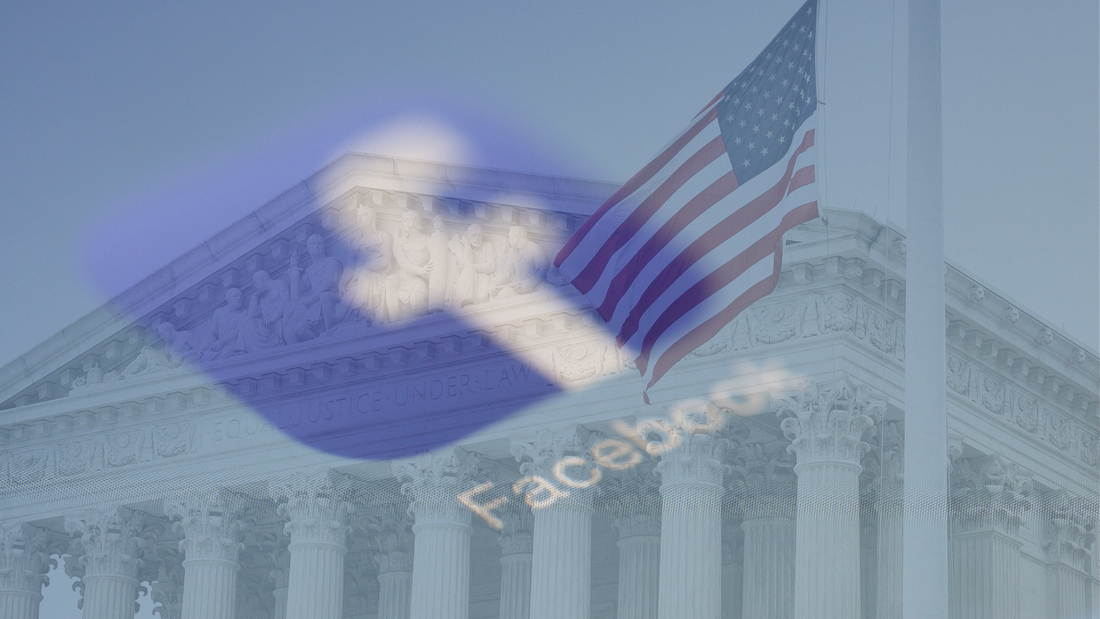|
The U.S. Supreme Court is set to hear a pair of cases in which local officials blocked criticism from constituents on social media sites. At stake is the question of what constitutes a public forum that must be open to critics and their pesky questions.
In one case, two members of a local school board in San Diego County used Facebook and Twitter accounts to communicate with constituents, inviting them to board meetings, and discussing issues. When two parents kept posting repetitive and lengthy comments critical of the two school board members, the officials blocked them. The parents sued on First Amendment grounds. After all, if these sites were being used as public fora, didn’t they have a right to be heard? A three-judge panel of the Ninth Circuit Court of Appeals considered their argument and ruled in favor of the plaintiff parents. “When state actors enter that virtual world and invoke their government status to create a forum for such expression, the First Amendment enters with them,” wrote Judge Marsha S. Berzon. Now the Supreme Court is set to review that matter and a split between the lower courts in a second case in which the constituent plaintiff lost. In that case, a Michigan man set his Facebook account, stocked full of personal posts, as a page to receive public and unlimited followers. He listed himself on his page as a “public official,” and included some communications about his official business after he later became the city manager of Port Huron, Michigan. But his page had begun, and largely remained, a personal one. When the inevitable constituent-critic emerged, the city manager blocked him. That constituent sued, arguing on First Amendment grounds that he should not be excluded from the page. That lawsuit failed before the Sixth Circuit Court of Appeals, where the ruling was for the defendant city manager. These two cases raise a host of interesting questions. Among them: Does communicating with constituents on official business convert a personal social media account into an official platform open to all? Do repetitive comments from constituents represent spam? If so, is spam speech or can it be blocked? After all, one cannot show up to a city council meeting, seize a microphone, and say the same thing over and over for hours. When a Facebook page is begun for purely personal reasons – showing family picnics, vacations, and birthdays, as in the Michigan case – and later includes some official business, does it become a public forum or does it remain personal? These cases echo a more prominent social media user with a lot more constituents. In 2019, a federal appeals court in New York held that President Trump’s Twitter account was a public forum on which he could not exclude anyone, including his most vociferous critics. That ruling became moot after Trump lost the election. But the question stuck. It had prompted Justice Clarence Thomas to muse about how to apply First Amendment doctrine to social media’s subtle and often invisible power to block, delist and downgrade. These cases will offer the first glimmers of the Court’s evolving doctrine on the limits and responsibilities of social media platforms under the First Amendment. Protect The 1st will report on the oral arguments in these two cases, O’Connor-Ratcliff v. Garnier and Lindke v. Freed, in the fall. Comments are closed.
|
Archives
June 2024
Categories
All
|
ABOUT |
ISSUES |
TAKE ACTION |



 RSS Feed
RSS Feed